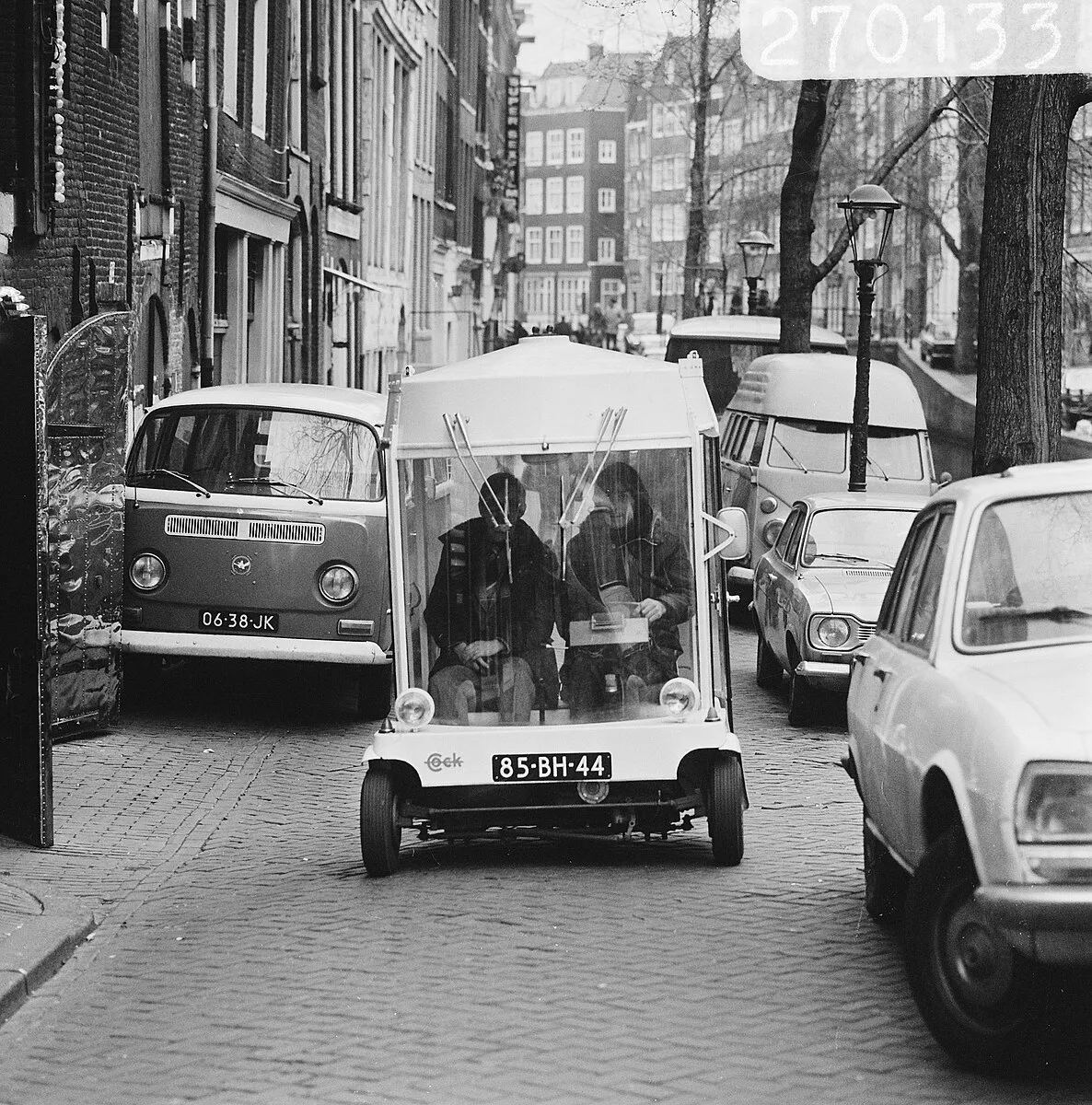Plans for projects to update the road and rail networks in Lancashire have been announced by Transport for Lancashire, a new body comprising Lancashire County Council, Blackburn with Darwen Council and Blackpool Borough Council.
The projects will develop, approve and fund major transport infrastructure work with a US$152 million budget from the (DfT) Department for Transport the City Deal for the Preston area, and developer contributions.
September 20, 2013
Read time: 2 mins
Plans for projects to update the road and rail networks in Lancashire have been announced by Transport for Lancashire, a new body comprising Lancashire County Council, Blackburn with Darwen Council and Blackpool Borough Council.
The projects will develop, approve and fund major transport infrastructure work with a US$152 million budget from the (DfT)1837 Department for Transport the City Deal for the Preston area, and developer contributions.
Plans include around US$93 million for a new road linking the M55 near Bartle with the A583 near Clifton to support development of new housing and improve links to the Enterprise Zone site at Warton.
Further funds will go to construction of the A6 Broughton Bypass, a new road to ease congestion on one of the main routes into north Preston, vital maintenance to the Centenary Way viaduct, improving access to the national rail network from Blackpool, Fleetwood and Cleveleys by extending the new tramway from the Promenade at North Pier to Blackpool North railway station and improvements to the standard and frequency of trains operating between Blackburn and Manchester, and a scheme to cut congestion in Blackburn.
The six schemes were selected from 24 potential schemes, some of which will now go into a "development pool". A further five schemes will be brought forward if funding is available.
Edwin Booth, chairman of the Lancashire Enterprise Partnership, said: "The improvements to transport infrastructure we've agreed today are critical to ensure our plans to create jobs and foster economic growth become a reality. Preston has enormous potential as a focal point for economic growth, but this bid is on a vast scale and it is not just the city itself but the whole of Lancashire that stands to benefit. It also complements our existing programmes for job creation and apprenticeships.
"The City Deal will form the basis for large scale investment in transport and housing, and provide the ideal conditions for companies to invest and create employment. As a committee of the LEP, Transport for Lancashire will allow the private and public sectors to speak with one voice to ensure we get the best possible deal."
The projects will develop, approve and fund major transport infrastructure work with a US$152 million budget from the (DfT)
Plans include around US$93 million for a new road linking the M55 near Bartle with the A583 near Clifton to support development of new housing and improve links to the Enterprise Zone site at Warton.
Further funds will go to construction of the A6 Broughton Bypass, a new road to ease congestion on one of the main routes into north Preston, vital maintenance to the Centenary Way viaduct, improving access to the national rail network from Blackpool, Fleetwood and Cleveleys by extending the new tramway from the Promenade at North Pier to Blackpool North railway station and improvements to the standard and frequency of trains operating between Blackburn and Manchester, and a scheme to cut congestion in Blackburn.
The six schemes were selected from 24 potential schemes, some of which will now go into a "development pool". A further five schemes will be brought forward if funding is available.
Edwin Booth, chairman of the Lancashire Enterprise Partnership, said: "The improvements to transport infrastructure we've agreed today are critical to ensure our plans to create jobs and foster economic growth become a reality. Preston has enormous potential as a focal point for economic growth, but this bid is on a vast scale and it is not just the city itself but the whole of Lancashire that stands to benefit. It also complements our existing programmes for job creation and apprenticeships.
"The City Deal will form the basis for large scale investment in transport and housing, and provide the ideal conditions for companies to invest and create employment. As a committee of the LEP, Transport for Lancashire will allow the private and public sectors to speak with one voice to ensure we get the best possible deal."










